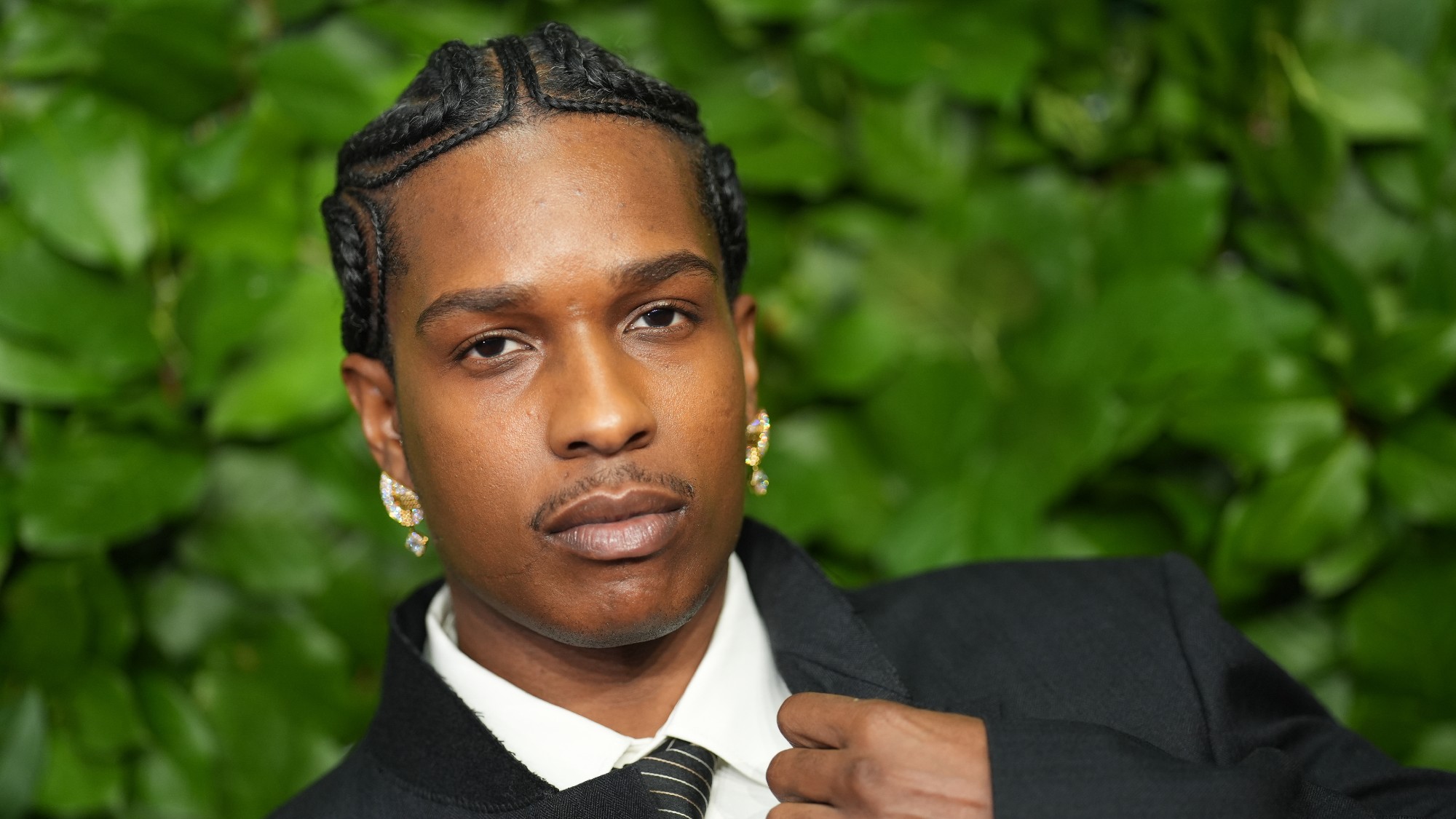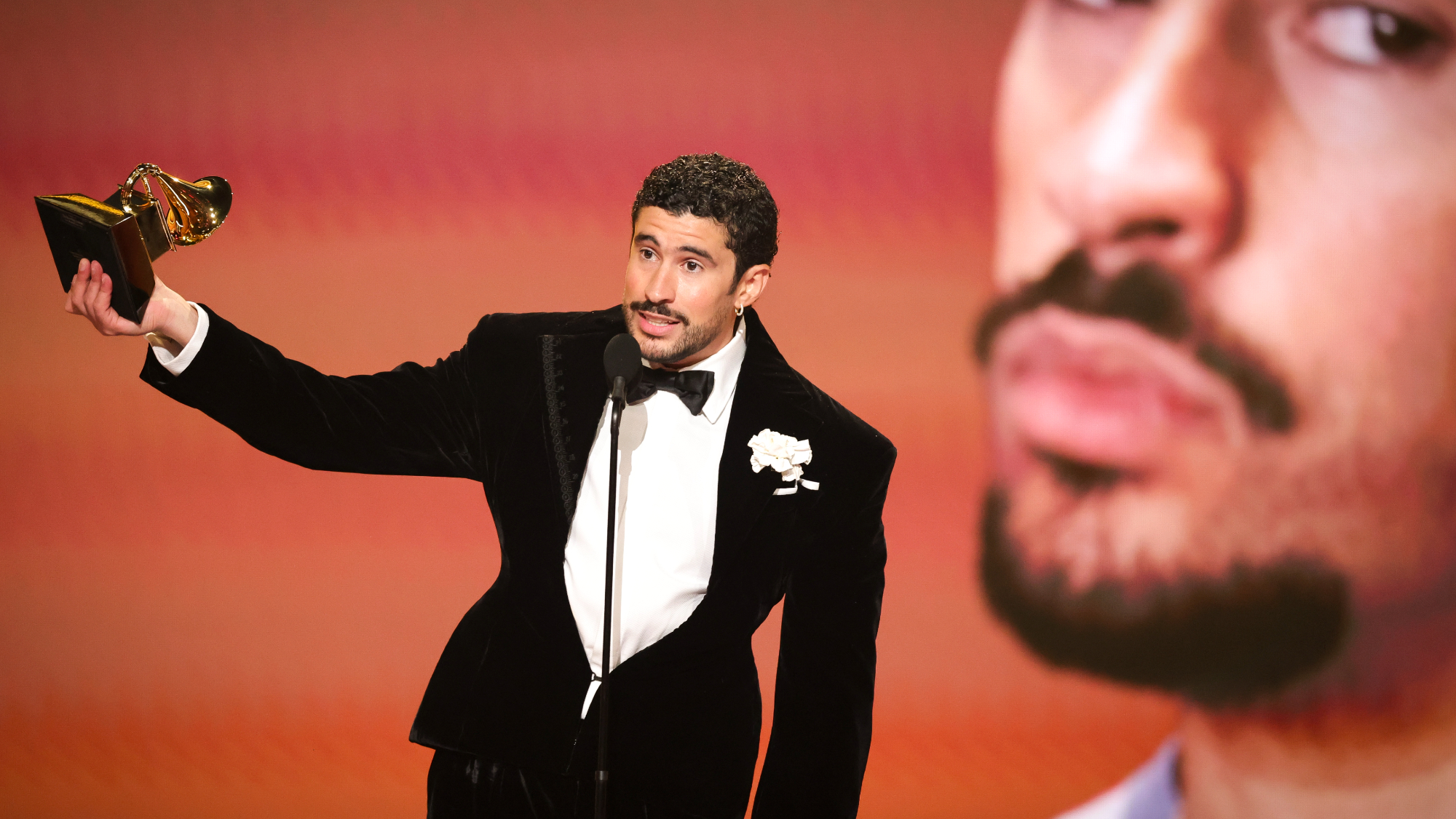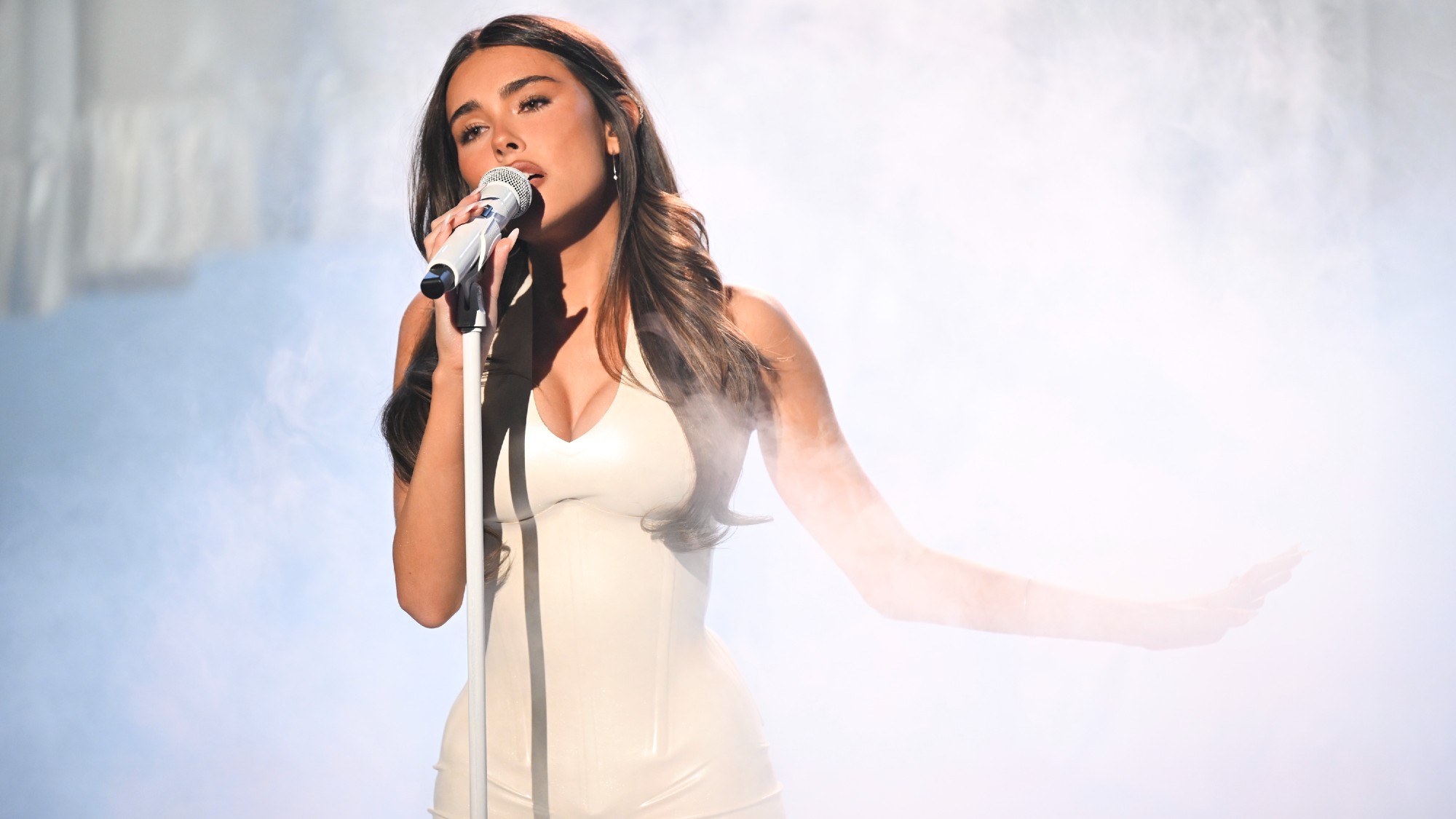Conservatism is rising. Just look at the music.
The radio reflects American culture


A free daily email with the biggest news stories of the day – and the best features from TheWeek.com
You are now subscribed
Your newsletter sign-up was successful
It's time to face the music. Conservative ideals have made their way back into mainstream pop culture. For the first time in more than 10 years, songs based on faith have been dominating the charts. This aligns with society's shift toward more "traditional values."
The past
Pop culture and music have long been a bellwether of the political climate. Summer 2024 was "defined by the ascendance of boundary-pushing female pop stars like Sabrina Carpenter, Chappell Roan and Charli XCX, whose 'brat summer' trend was embraced by Kamala Harris' presidential campaign," said Semafor. However, "rising in a parallel fashion to pop women," country music resonated with "young white people, some who might not even describe themselves as conservative but may have been searching for a watered-down, digestible form of populism," said Rolling Stone.
For some listeners, country music has served as an "art form to latch on to when progressive artists (and their politics) alienated them a little too much," said Rolling Stone. Much of this was attributed to President Donald Trump's campaign, which was "based in part on nostalgia for a formerly 'great' time period in U.S. history when white identity was unthreatened and women held traditional roles." Since Trump's victory, Christian and Christian-adjacent music, especially by men, has broken its way into mainstream culture, capturing the zeitgeist of this political era. "In a time of increased polarization around religion, Christian-coded music has finally broken containment and conquered the airwaves," said Vox.
The Week
Escape your echo chamber. Get the facts behind the news, plus analysis from multiple perspectives.

Sign up for The Week's Free Newsletters
From our morning news briefing to a weekly Good News Newsletter, get the best of The Week delivered directly to your inbox.
From our morning news briefing to a weekly Good News Newsletter, get the best of The Week delivered directly to your inbox.
The present
Summer 2025 has been a "stark cultural contrast from last summer," said Semafor. This summer has been dominated by "tradpop," a term "used to describe a hybrid of traditional pop infused with spiritual and country music elements," said Artistrack. Songs under this umbrella "often include lyrics centered around family, faith, personal values and resilience." Some examples include Benson Boone's "Beautiful Things" and Alex Warren's "Ordinary," which is a "love song that easily doubles as a Christian worship song" and has become one of the biggest hits of 2025, said Vox. Christian artists like Jelly Roll and Brandon Lake have also been featured on the Billboard Hot 100.
"It used to be that Christian music felt like a lesser version of whatever was popular," said Holly Zabka, the president of Provident, a Sony subsidiary dedicated to Christian music, to NPR. In the music scene today, Christian artists "can now simply exist on the same level as all the other artists in the world."
The meaning
Tradpop has found a keen audience in young men. "What unites all of these songs across a broad sonic range is their confessional stance, as well as the performance of raw vulnerability from each male artist," said Vox. This is a "trait that modern men, especially ones steeped in a culture of conservatism, often have difficulty accessing." It also aligns with phenomena such as the male loneliness epidemic, as well as the growing ideological divide between men and women in the U.S. and globally. "So many of them struggle with depression, and what they are finding in Christian music is another way to deal with things," said Zabka. But it is "perhaps ironic that the regressive male codes of stoic masculinity that leave these male artists seeking outlets of expression are frequently heavily reinforced by the same Christian culture they're trying to find themselves within," said Vox.
The shift to tradpop "reflects the broader cultural and political narrative shift toward traditional and conservative ideals" ever since Trump "returned to power," said Semafor. The genre also "lends itself to the participatory nature of today's social media-led marketing," said NPR. "The musicians currently achieving the greatest success position themselves as co-creators with their audience, much like a pastor communing with their congregation."
A free daily email with the biggest news stories of the day – and the best features from TheWeek.com
Devika Rao has worked as a staff writer at The Week since 2022, covering science, the environment, climate and business. She previously worked as a policy associate for a nonprofit organization advocating for environmental action from a business perspective.
-
 The Week contest: AI bellyaching
The Week contest: AI bellyachingPuzzles and Quizzes
-
 Political cartoons for February 18
Political cartoons for February 18Cartoons Wednesday’s political cartoons include the DOW, human replacement, and more
-
 The best music tours to book in 2026
The best music tours to book in 2026The Week Recommends Must-see live shows to catch this year from Lily Allen to Florence + The Machine
-
 The 8 best superhero movies of all time
The 8 best superhero movies of all timethe week recommends A genre that now dominates studio filmmaking once struggled to get anyone to take it seriously
-
 Josh D’Amaro: the theme park guru taking over Disney
Josh D’Amaro: the theme park guru taking over DisneyIn the Spotlight D’Amaro has worked for the Mouse House for 27 years
-
 Music reviews: Ari Lennox, Lucinda Williams, and A$AP Rocky
Music reviews: Ari Lennox, Lucinda Williams, and A$AP RockyFeature ‘Vacancy,’ ‘World’s Gone Wrong,’ and ‘Don’t Be Dumb’
-
 Bad Bunny, Lamar, K-pop make Grammy history
Bad Bunny, Lamar, K-pop make Grammy historySpeed Read The Puerto Rican artist will perform at the Super Bowl this weekend
-
 The best fan fiction that went mainstream
The best fan fiction that went mainstreamThe Week Recommends Fan fiction websites are a treasure trove of future darlings of publishing
-
 Music reviews: Zach Bryan, Dry Cleaning, and Madison Beer
Music reviews: Zach Bryan, Dry Cleaning, and Madison BeerFeature “With Heaven on Top,” “Secret Love,” and “Locket”
-
 In Okinawa, experience the more tranquil side of Japan
In Okinawa, experience the more tranquil side of JapanThe Week Recommends Find serenity on land and in the sea
-
 Golden Globes affirm ‘One Battle,’ boost ‘Hamnet’
Golden Globes affirm ‘One Battle,’ boost ‘Hamnet’Speed Read Comedian Nikki Glaser hosted the ceremony
